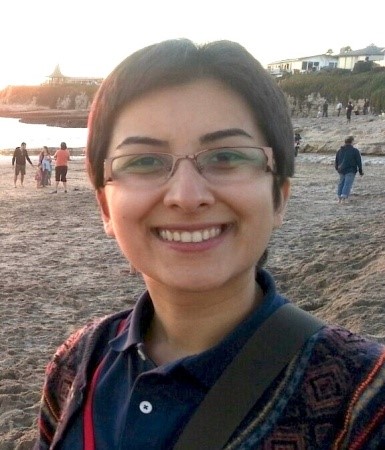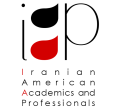Where: Montgomery Community College (Rockville Campus) – Humanity Building (HU), Conference Room 009 (Get Directions, Campus Map )
Language: Farsi

Synopsis:
Neutrinos: the subject of 2015 Nobel Prize in Physics.
The universe is made up of atoms, but atoms, despite their Greek name, are not elementary particles. They are composed of electrons surrounding a nucleus constructed of protons and neutrons. Electrons along with a few other particles are known to be elementary particles forming the ordinary matter. There are other elementary particles that are not constituents of ordinary matter, but they are everywhere around us. One of these interesting elementary particles is called neutrino.
The neutrino particle won its fourth Nobel Prize in physics this year (following the prizes in 2002, 1995, and 1988). But why is neutrino worth it?
Neutrino is unique in that it’s both almost massless and almost noninteracting. Due to these two unique properties, it can travel long distances in the universe without scattering or interacting with matter. Thus their observations are a unique probe of the universe’s highest-energy phenomena. There have been huge deep underground detectors built around the globe to study neutrinos with different energies.
I this talk, I will present the importance of neutrino physics and astronomy by explaining how neutrinos were discovered, how we detect them today, and what information they carry from the nearby universe, from other galaxies, and even from the early universe and the big bang.
About the Speaker:
Azadeh Keivani is a postdoctoral scholar in particle astrophysics at the Pennsylvania State University. She is a member of the Astrophysical Multimessenger Observatory Network (AMON) project and a member of the IceCube Neutrino Observatory, studying high-energy neutrinos and multimessenger particles. She received her PhD in physics from the Louisiana State University working on ultra-high energy cosmic rays at the Pierre Auger Observatory. Before moving to the US in 2008, she received her BS in physics from Sharif University of Technology, where she worked on experimental cosmic ray physics. Azadeh is founder and author of an astrophysical literature website written in Farsi. This website which updates weekly is an introduction to the world of professional astronomy. You can reach it at http://staryab.com.
For this lecture: light refreshment will be provided
Please click here to RSVP.


